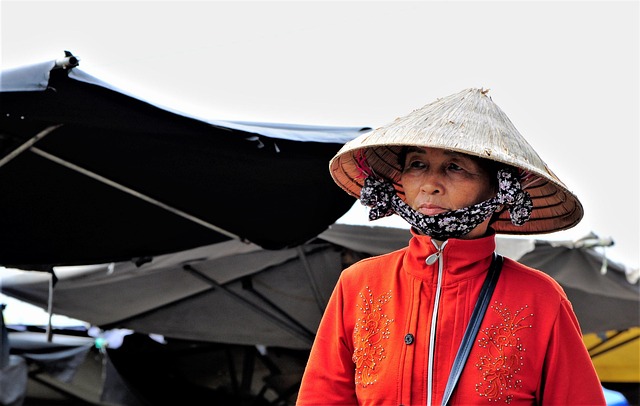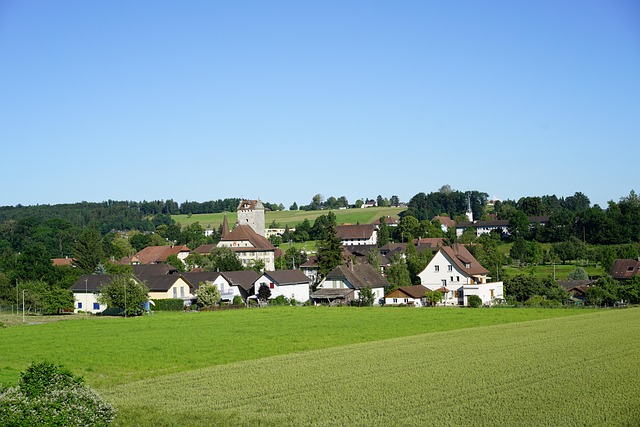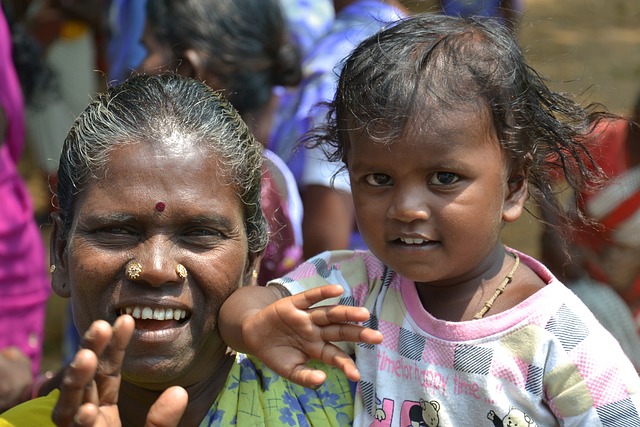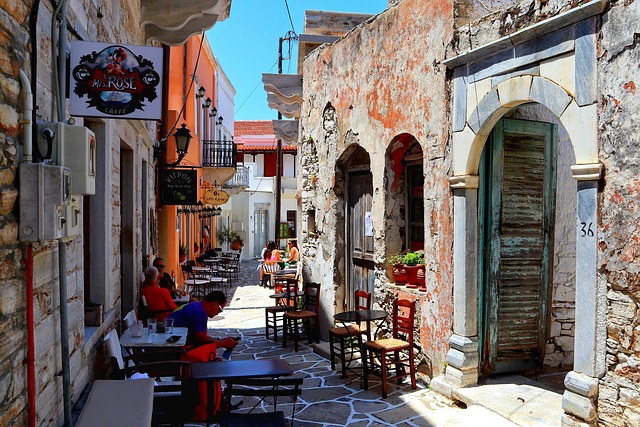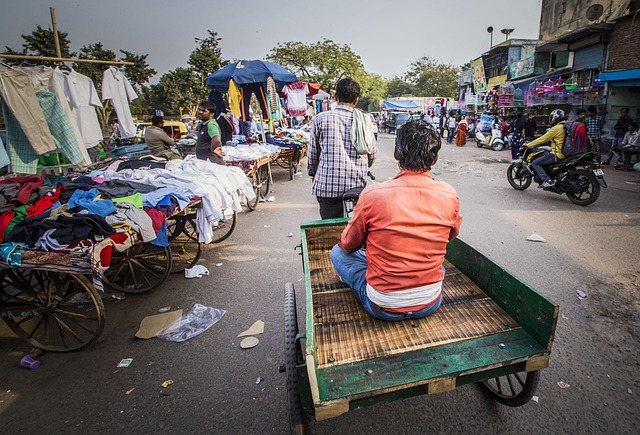Community engagement is a powerful strategy for real estate success, fostering credibility and sustainable growth through tailored property offerings and long-term relationships. Tailoring events to local culture, promoting widely, and offering diverse engagement opportunities are key to successful community outreach, which builds strong connections with neighbors. Measuring event impact through metrics like attendance and survey feedback helps real estate professionals understand community needs, leading to referrals, recommendations, and enhanced market knowledge that strengthen their reputation and business prospects.
In the dynamic world of real estate, community outreach events aren’t just nice-to-have—they’re essential. This article delves into the transformative power of community engagement, offering insights on effective strategies for successful outreach. From understanding local needs to measuring impact and fostering lasting relationships, discover how these events can drive market knowledge, build goodwill, and ultimately enhance your real estate brand’s reputation and success.
Understanding the Power of Community Engagement in Real Estate

In the real estate sector, community engagement is a game-changer that fosters sustainable growth and development. By actively participating in local outreach events, real estate professionals can build strong connections within their communities. These interactions allow them to understand the unique needs, challenges, and aspirations of residents, which are crucial for tailoring property offerings and services.
Community outreach provides an opportunity to showcase expertise, contribute to social welfare, and gain valuable insights. Through partnerships with local organizations, hosting informational sessions, or participating in neighborhood clean-up drives, real estate agents can establish themselves as engaged community members. This approach enhances their credibility and strengthens the bond between the business and its neighbors, ultimately driving successful long-term relationships and sales within the area.
Strategies for Successful Outreach Events

Community outreach events are a powerful tool in the real estate industry, offering direct engagement with potential clients and showcasing a commitment to local neighborhoods. When planning an outreach event, consider the following strategies for success: First, tailor your event to resonate with the specific community. Incorporate local elements, such as featuring regional vendors or hosting a themed event centered around a neighborhood’s unique character. This personalization fosters a sense of belonging and draws in attendees who are genuinely interested in what you have to offer.
Second, ensure accessibility by promoting the event widely through various channels. Utilize social media, local newspapers, community boards, and partnerships with existing organizations to maximize reach. Additionally, offer diverse engagement opportunities during the event, such as informative workshops, interactive demonstrations, or one-on-one consultations. These varied activities cater to different learning styles and encourage longer attendee stays, fostering meaningful connections between your brand and the community.
Measuring Impact and Building Lasting Relationships

Measuring the impact of community outreach events is a crucial aspect for real estate professionals aiming to build lasting relationships with their neighbors. By evaluating the success of these initiatives, agents can understand the needs and preferences of their local communities. This data-driven approach allows them to tailor future events and programs to create more meaningful connections. For instance, tracking attendance rates, collecting feedback through surveys, or analyzing social media engagement can provide valuable insights into what resonates with the community.
Beyond measurement, these outreach events foster a sense of belonging and trust that is integral to long-term success in real estate. By actively participating in community life, professionals establish themselves as engaged neighbors rather than merely sales figures. This personal connection can lead to referrals, word-of-mouth recommendations, and a deeper understanding of the local market, ultimately strengthening the agent’s reputation and business prospects.
